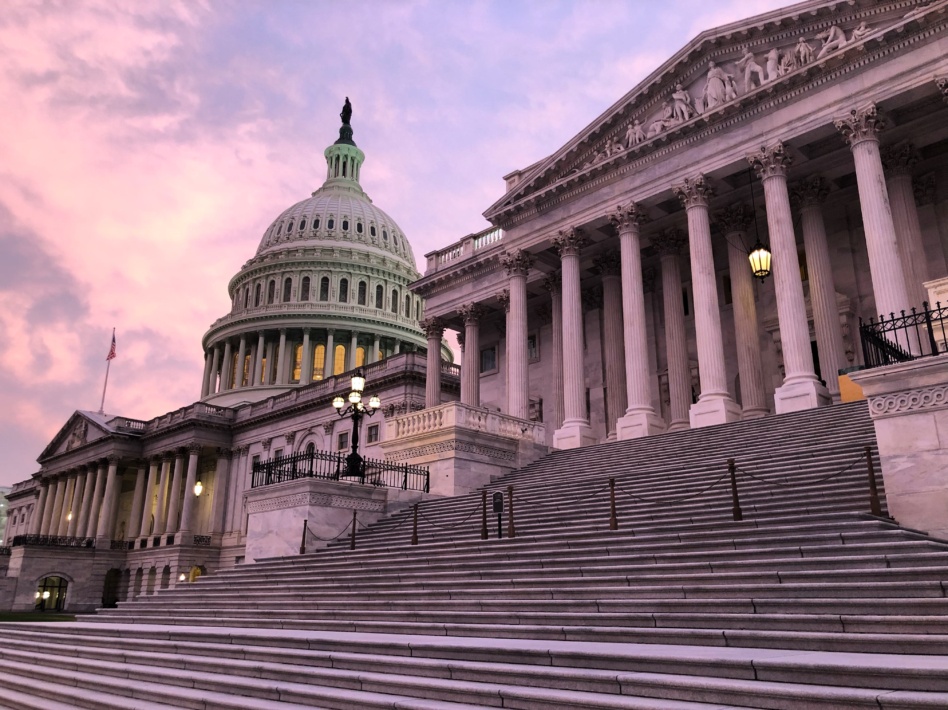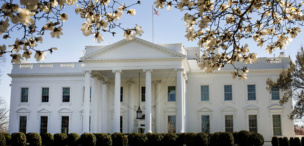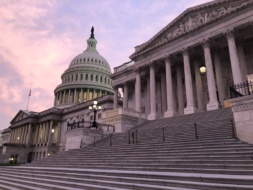As lawmakers settle back into DC following the August recess, Congress is facing a long list of space to-dos—but not a lot of time to tackle them.
Members have a little over two weeks to tackle three major priorities with deadlines at the end of September: passing a fiscal 2024 funding bill, deciding whether to extend the learning period for commercial spaceflight, and approving an FAA reauthorization.
$$$: The budget is likely to be Congress’ main focus this month, since it has widespread impact beyond the space program. If Congress does nothing, the government would shut down at 12:01am on Oct. 1. So lawmakers will likely be pretty motivated to pass funding bills or (as has become the norm in recent years) a short-term continuing resolution to keep the lights on while they hammer out a full year bill.
NASA asked for $27.2B in FY24, but appropriators in both the House and Senate released bills that would give the agency ~$25B, a significant drop that is likely to disproportionately target science programs, including Mars Sample Return.
A CR would hold NASA funding levels flat at the fiscal 2023 level—$25.4B—so not too different from what it’s expected to get in the appropriations process. But it would also prohibit the agency from launching any new starts.
Just keep learning: The upcoming expiration of the rulemaking moratorium for commercial human spaceflight is also on the horizon. In 2004, Congress imposed an eight-year “learning period” to allow commercial crewed spaceflight to take off (pun intended) without the burden of safety regulations that could crush the newborn industry. It’s been extended twice as the industry has grown slowly, and is now set to expire on Oct. 1.
Lawmakers now have to decide if it’s time to let the FAA impose safety regulations on companies flying paying passengers to space, or whether the industry needs more time. They’re getting some mixed messages: Industry has asked for more time, but a RAND report from April said it’s time to let it expire.
State of the FAA: The bill that authorized the FAA is also set to expire at the end of the month, and Congress is working to quickly consider its follow up, since a gap in authorization bills could cause the agency to partly shutdown.
In July, the House passed its version of the bill, which includes space priorities such as asking the FAA to look at other ways rockets and planes can safely share the airspace as launch cadence ramps up and tracking new data, e.g., the number of authorized launches and reentries.
But Senate counterparts have not yet marked up their version of the bill and are lagging behind as the deadline approaches.




